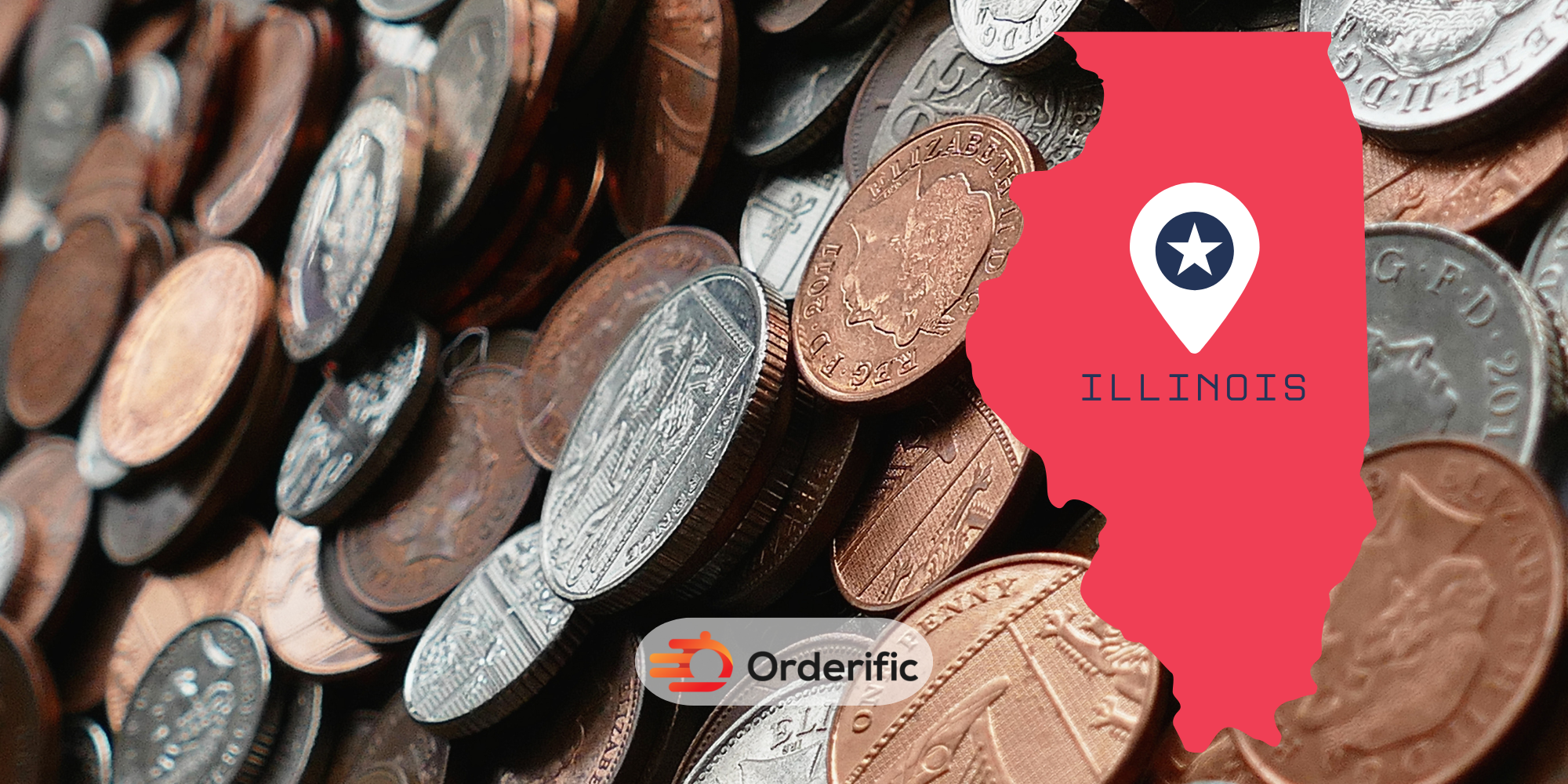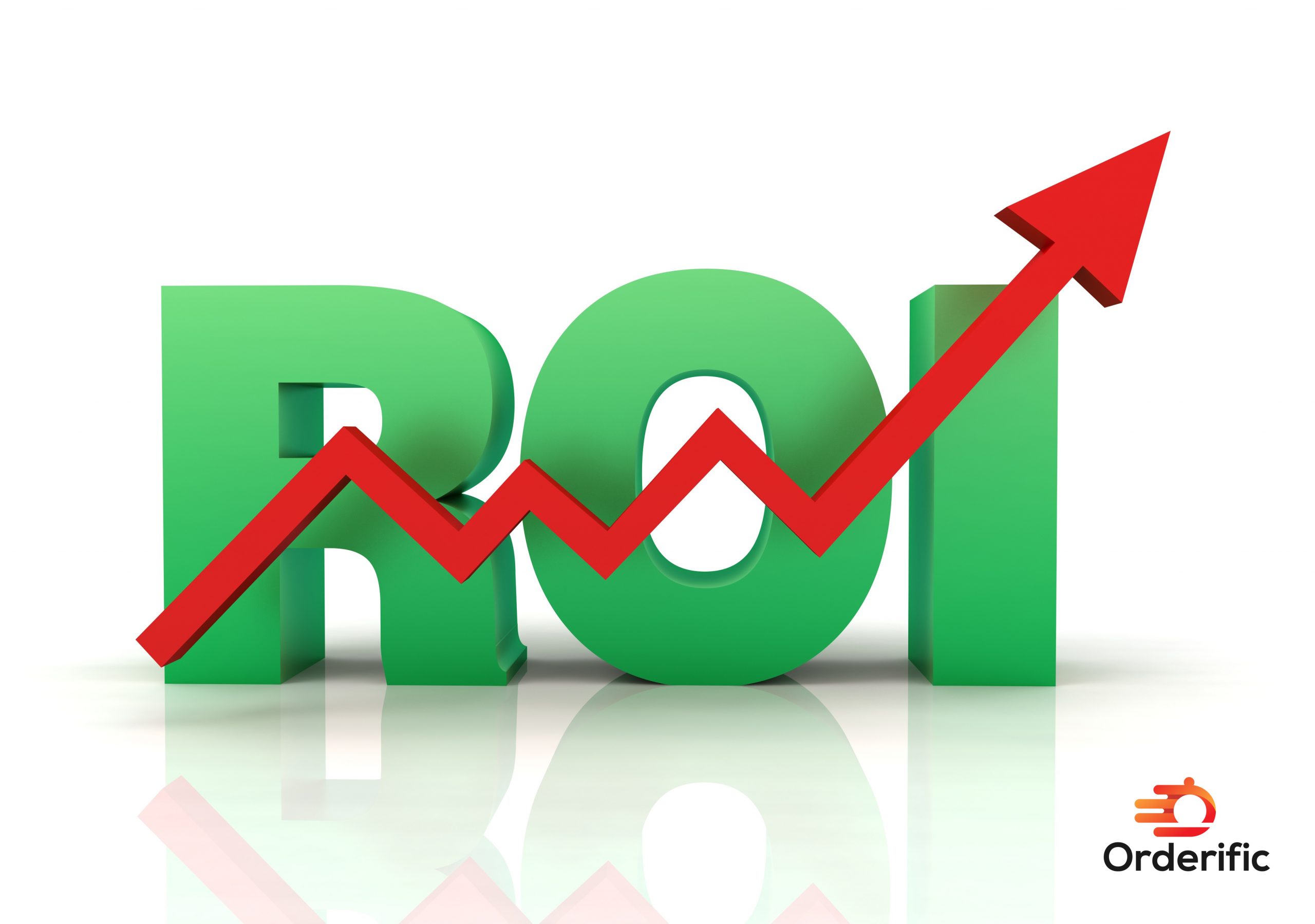If you’re a worker in Illinois, or an employer looking to stay up-to-date on the latest wage regulations, this guide is for you. The Illinois minimum wage for 2023 is $13 per hour for workers 18 years of age and older, and $10.50 per hour for workers under age 18. Tipped workers get 60% of the state’s minimum wage, which is $7.80 per hour for workers age 18 and up, and $6.30 an hour for workers under age 18.
The Illinois minimum wage increased on January 1, 2023, from $12 per hour. This increase was part of a multi-year plan to raise the state minimum wage to $15 per hour by January 1, 2025. The increase in the minimum wage is intended to help low-wage workers earn a living wage. It is also expected to have a positive impact on the state economy by increasing consumer spending and stimulating job growth.
However, some businesses have expressed concern that the increase in the minimum wage will lead to job losses. They argue that businesses will be forced to reduce their workforce or raise prices to offset the higher costs of labor. Overall, the impact of the increase in the Illinois minimum wage is still uncertain. It is likely to have a mix of positive and negative effects on workers, businesses, and the state economy.

2023 Illinois Minimum Wage Increase: The Basics
The Illinois minimum wage for 2023 is $13 per hour for workers 18 years of age and older, and $10.50 per hour for workers under age 18. Tipped employees get 60% of the state’s minimum wage, which is $7.80 an hour for workers age 18 and up, and $6.30 an hour for workers under age 18.
The 2023 minimum wage increase was part of a multi-year plan to raise the state minimum wage to $15 per hour by January 1, 2025. The initial increase in the minimum wage took effect on January 1, 2020, when the rate went up from $8.25 an hour to $9.25 an hour. Each year since then, the minimum wage has increased by $1 per hour.
It is important to note that, while the state minimum wage applies to most Illinois workers, some exceptions do exist. For instance, employers with fewer than four employees and certain nonprofit organizations are not required to pay the state minimum wage. Additionally, tipped workers may get less than the minimum wage if their tips make up the difference.
Impact of the 2023 Illinois Minimum Wage Increase
The increase in the Illinois minimum wage has a positive impact on low-wage workers. By increasing their earnings, it will help them make ends meet and reduce poverty.
However, some businesses may be negatively impacted by the 2023 minimum wage increase. They may be forced to reduce their workforce or raise prices to offset the higher costs of labor. This could lead to job losses and decreased economic activity in the state.
Overall, the impact of the 2023 Illinois minimum wage increase is still uncertain. Businesses and workers will have to adjust to the new regulations. And it remains that how they will ultimately affect the economy.
Illinois Minimum Wage Regulations and Compliance
Employers need to understand and comply with the state minimum wage regulations. The Illinois Minimum Wage Law sets out the state’s rules regarding wages, hours of work, overtime pay, record-keeping procedures, and other employment standards. Employers must follow these laws to avoid costly fines or legal action.
The Illinois Department of Labor (IDOL) is responsible for enforcing the state’s minimum wage laws. IDOL has a Wage and Hour Division that investigates complaints, conducts audits, and penalizes employers who fail to comply with the law.
Employers can also contact their local IDOL office for guidance on complying with Illinois minimum wage regulations. They can also find helpful resources on the IDOL website, such as employer’s guides, FAQs, and other information about the minimum wage.
Illinois Minimum Wage Increase and the Job Market
The 2023 Illinois minimum wage increase has a positive impact on the job market. Increasing wages will make working in the state more attractive to workers and could lead to an influx of new talent.
At the same time, businesses may be less likely to hire new employees if they are unable to absorb the higher costs associated with increased wages. This could result in fewer job openings and slower job growth in the state.
It is also important to note that the impact of the minimum wage increase on the job market will depend on how businesses respond. Some employers may choose to reduce their workforce or raise prices, while others may find ways to absorb the higher costs and maintain their current staffing levels.
Illinois Minimum Wage Increase: What’s Next?
The 2023 minimum wage increase is just the first step in a multi-year plan to raise the state’s minimum wage to $15 an hour by January 1, 2025. The next scheduled increases will take effect on July 1 of each year, with the rate increasing by $1 per hour until it reaches $15 an hour.
As the new regulations take effect, workers and employers should stay informed about the latest rules and regulations. It is also important for employers to make sure they comply with the laws so they can avoid costly fines or legal action.

Conclusion
The Illinois minimum wage increase in 2023 is expected to have a positive impact on low-wage workers in the state. However, it may also hurt businesses, leading to job losses or increased prices. Ultimately, the impact of the 2023 minimum wage increase is still uncertain.
Workers and employers in Illinois need to stay informed about the latest regulations and ensure compliance with state laws. Additionally, workers should keep an eye out for upcoming increases so they can take advantage of higher wages.
Ultimately, the 2023 Illinois minimum wage increase is just the first step in a multi-year plan to reach $15 an hour. As the new regulations take effect, workers and employers should stay informed and compliant so they can benefit from higher wages and avoid penalties. With this information, you should have all you need to know about the 2023 Illinois minimum wage increase.
Find more informative content with Orderific here. For the many ways Orderific can improve your business, start trying it out here. It’s Orderific time now!
FAQs
What is the minimum wage in Illinois?
The Illinois minimum wage for 2023 is $13 per hour for workers 18 years of age and older, and $10.50 per hour for workers under age 18.
When will the minimum wage increase?
The minimum wage in Illinois increased on January 1, 2023, from $12 per hour. The next scheduled increase will take effect on July 1, 2023, when the rate will go up to $14 per hour.
Who will be affected by the increase?
The 2023 Illinois minimum wage increase affects most workers in the state, including tipped employees.
What are the benefits of the increase?
The increase in the Illinois minimum wage has a positive impact on low-wage workers, helping them earn a living wage and reducing poverty.
How can employers comply with regulations?
The Illinois Department of Labor (IDOL) is responsible for enforcing the state’s minimum wage laws.













